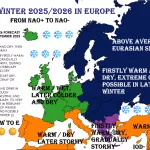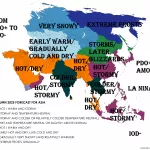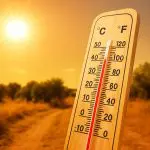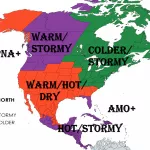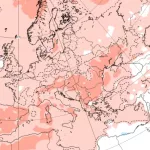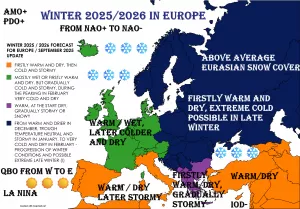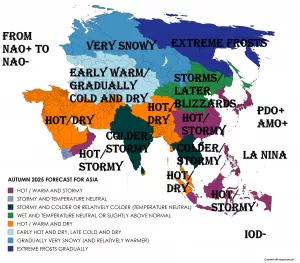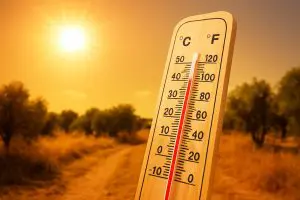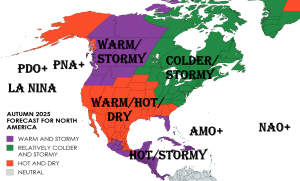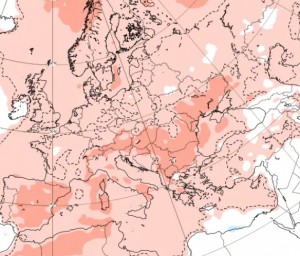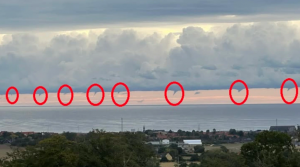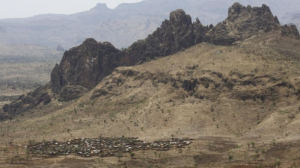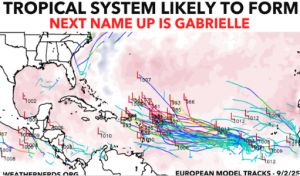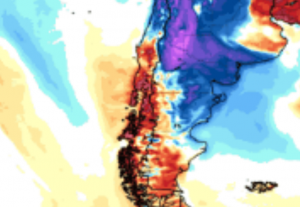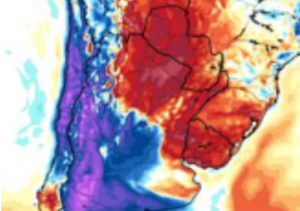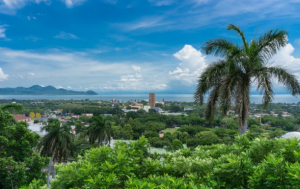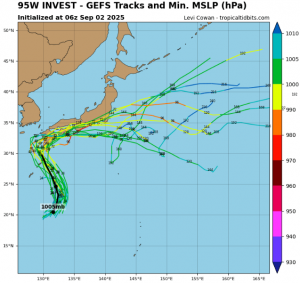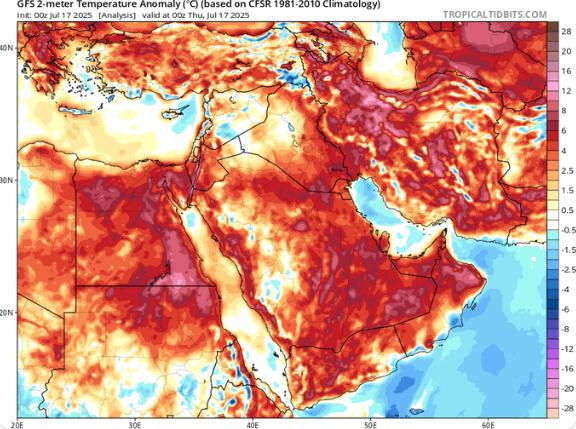
Kuwait is enduring an intense and brutal heatwave with staggering temperatures recorded at Jahra in the last week in July 2025. The city experienced an exceptionally high minimum temperature of 37.9°C, marking one of the hottest nights ever recorded in the region. By day, temperatures soared to a blistering maximum of 51.7°C, pushing the limits of human endurance and infrastructure.
This extreme heat event is characterized by oppressive conditions both day and night, offering no respite even during the coolest hours. The record-breaking minimum temperature at night highlights the severity of this heatwave and signals worsening climate trends in the Middle East.
Such relentless heat poses serious threats to public health, increasing risks of heatstroke and dehydration, especially among vulnerable populations. The soaring daytime highs place immense stress on energy systems due to elevated cooling demands and exacerbate challenges related to water scarcity.
The heat index during this event likely exceeded safe levels, with combined heat and humidity intensifying discomfort and danger.
Kuwait’s experience of a 37.9°C minimum and 51.7°C maximum in Jahra serves as a stark reminder of the accelerating impacts of global warming in arid regions and underscores the urgent need for heat mitigation and adaptation strategies.

Illustration map: extremetemps X / tropicaltidbits.com

